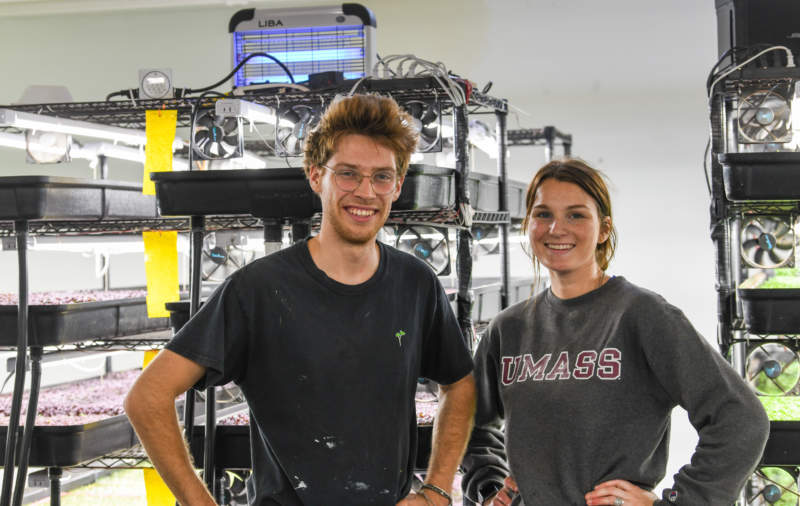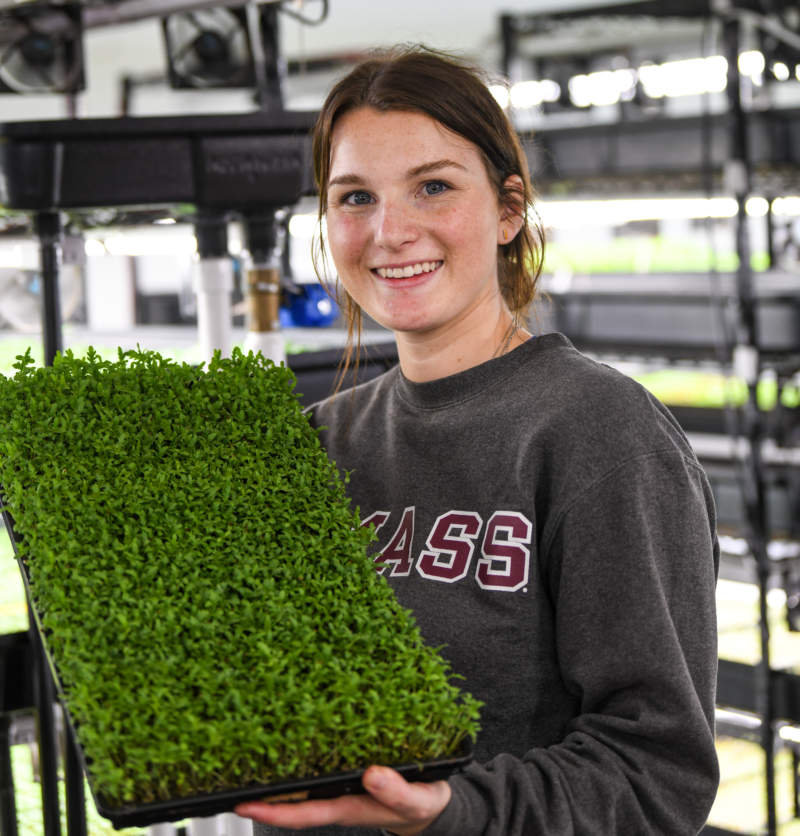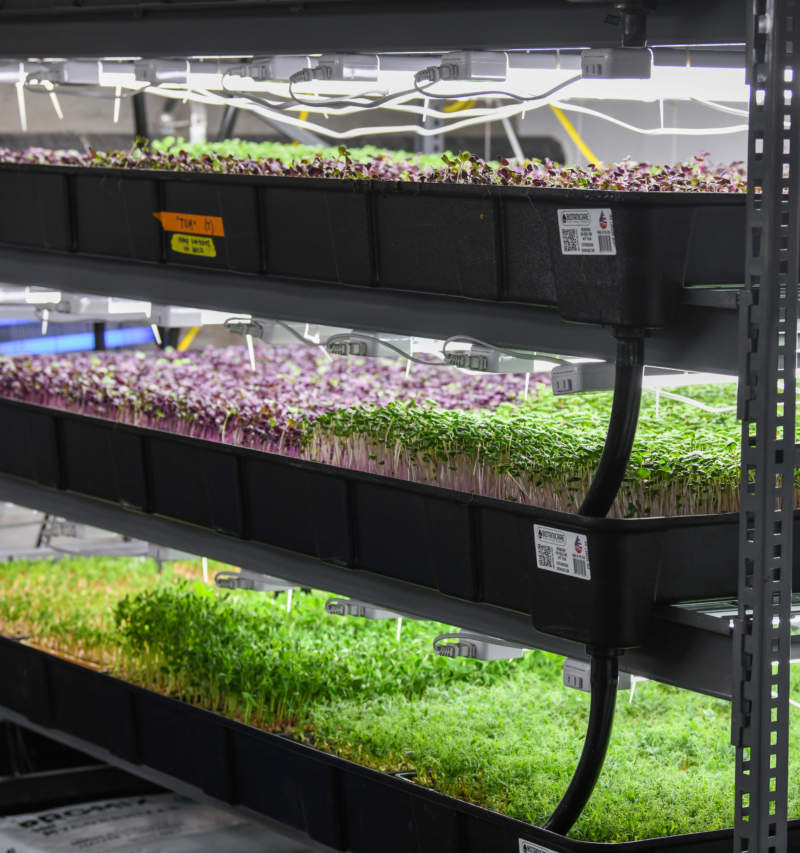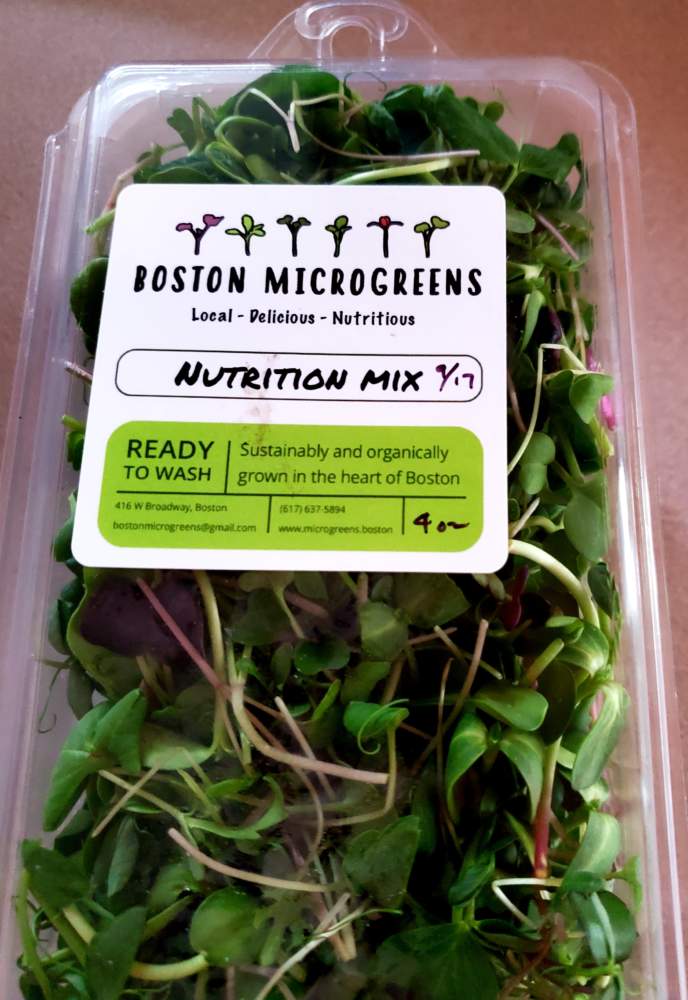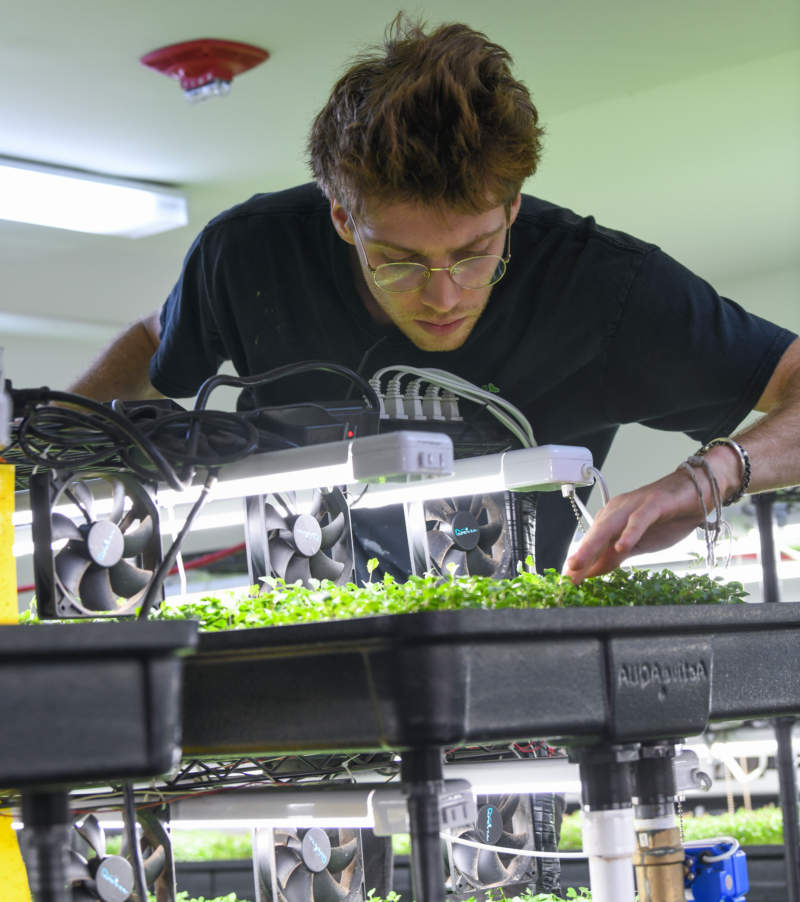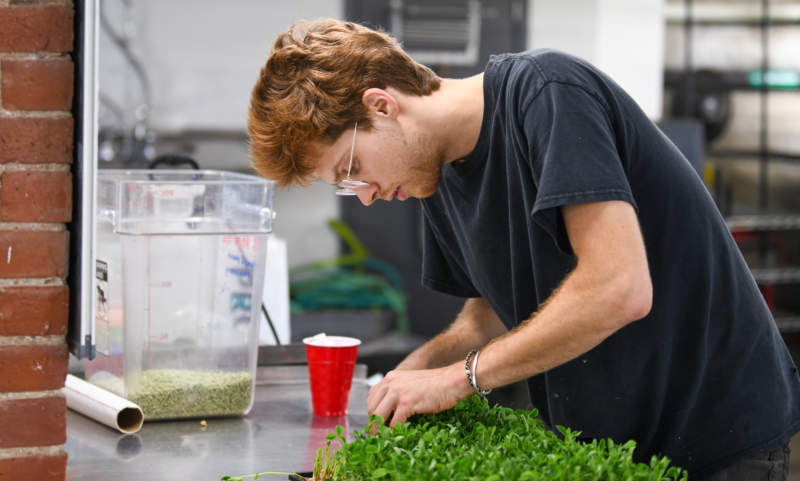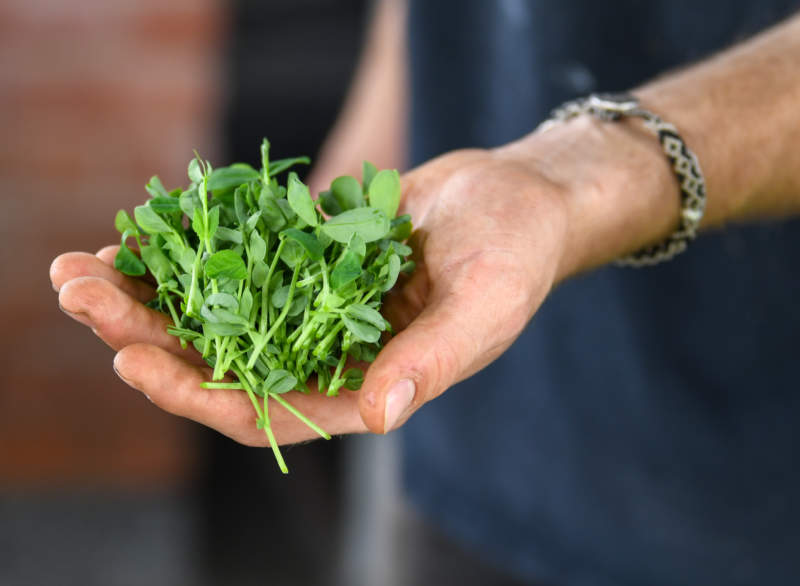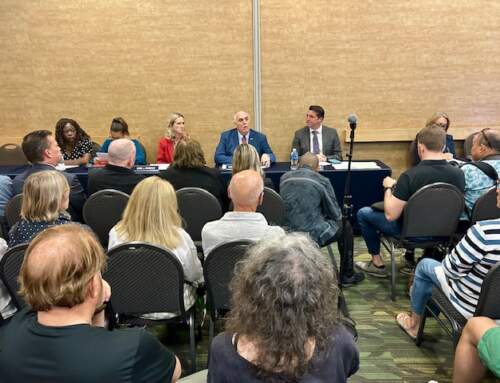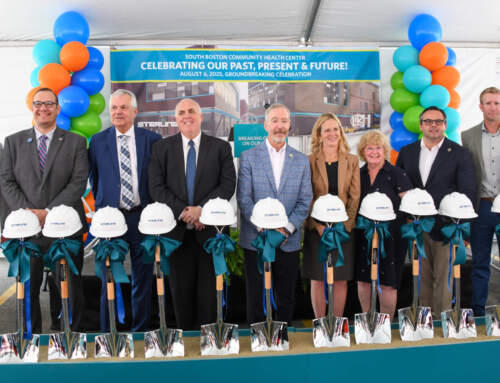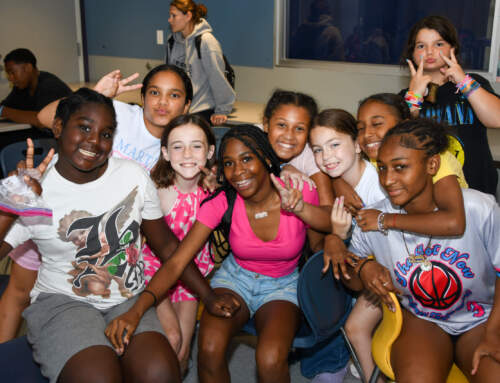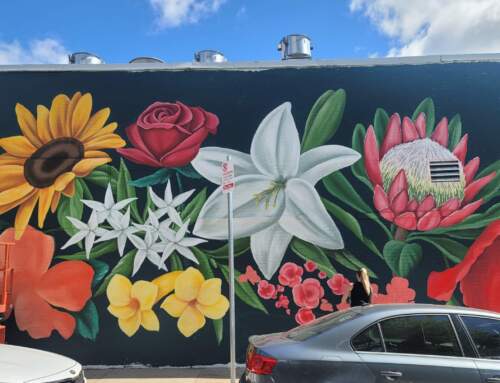By Ginger DeShaney
There are a lot of growing businesses in South Boston, but only one is an actual farm.
“I feel like it would be cool for more people to know [about the farm] because this is something really unique and special in Boston and in the city,” said Boston Microgreens cofounder and CEO Oliver Homberg. “It’s the most central production farm in Boston.”
After growing microgreens in his South End apartment to provide for a handful of local restaurants, Oliver decided to expand the business into a space at 416 W. Broadway. He grows 75-plus varieties of microgreens based on what his restaurant customers want.
“We are a custom urban farm,” Oliver said.
Oliver provides microgreens to more than 50 restaurant customers; he is actively serving 35, eight of which are in South Boston. “We work with a lot of great restaurants,” he said.
“Everything gets delivered by us … from seeds to walk-in cooler,” Oliver said. “We want to control everything about our products.
“It’s a very direct relationship from the farm to the chef, no middle man, which is what allows us to do all the customizability, and all the availability …”
Chefs can get the greens still growing in their trays or harvested into clamshells.
You can’t get more farm to table than this, unless you have a restaurant on a farm, added Oliver, 26, a Northeastern graduate who studied international relations with a focus on sustainable development.
Oliver and his staff plant every weekday and harvest twice a week. Their microgreens include cilantro, dill, chives, chervil, basil, herbs, kale, edible flowers, even root veggies such as carrots (the stem and leaves are harvested), and so much more. Boston Microgreens also does custom blends for its customers.
“You can grow anything into a microgreen,” Oliver said.
Growing times range from 7 days to 30 days, but usually around 2 weeks, he said.
“Every plant has its own formula, from the day that it’s planted to the day that it’s harvested,” said plant manager Ella Sears.
“Technically it’s the same seed as if you were to grow the full plant, but we’re just growing the first growth of it,” she said.
The almost 3-year-old urban farm has 2,000 square feet in a steel and brick frame building that houses seven other business types, including an early learning center, cafe, yoga studio, utilities company, and pizzeria.
Oliver had all the electrical and plumbing put in as well as a new floor and AC unit. He uses renewable electricity. He also saves water because it’s recirculated; they built automated watering flood tables. Every tray sits in its own irrigation system. They installed LED lights that are very efficient and don’t give off a lot of heat.
Maintaining a clean growing environment is crucial, Oliver said, meaning no pollution or pesticides touch the plants.
Oliver and his cofounder Matt Alto, who is no longer part of the business, started out in their apartment after hearing about microgreens. “We saw it on YouTube, ‘Grow microgreens in your apartment.’ It couldn’t have been more spelled out for us,” Oliver said.
There’s been a lot of trial and error in growing his business. “That’s how we learned this,” he said, noting he’d also reached out to other farms, jumped on online forums, even talked to seed distributors. “When you’re doing it, that’s the best research,” he said.
Now, he offers his knowledge by consulting for farms all over the world, from Miami to Madagascar.
“It’s nothing new but I’d like to think that what we did was a modern and very customizable and very customer service-orientated approach to that model … using underutilized urban space to create high amounts of food and ingredients in a really sustainable way.”
The farm grows more than 10,000 pounds of product a year — when you’re talking microgreens, that’s a lot of product! — which goes out directly to customers within 5 miles of the farm.
During the pandemic, Boston Microgreens started what Oliver is calling a microgreen CSA with its nutrition salad mix delivery program. The mix includes sunflower, pea shoots, broccoli, kale, radish, beet, Swiss chard, and buckwheat. It’s crunchy, juicy, and super healthy. “That is the cat’s pajamas,” Oliver said.
People can order a one-month subscription (one box a week) for $45, which includes free delivery to your home on Tuesday or Friday.
The greens are harvested in the morning and come straight to your door. “You cannot get fresher than that,” Oliver said.
“It’s grown with a lot of love; it’s not machine harvested. Everything is picked by hand, seeded by hand, cut by hand, measured by hand.”
The farm also offers tours/tastings.
Oliver has also started a network of decentralized farms, partnering with other groups that are creating their versions of Boston Microgreens that will grow and distribute for Boston’s network but also grow for their own communities.
Boston Microgreens provides “a great opportunity for people to connect with their food,” Oliver said, noting when you go to a supermarket, you don’t know where that produce comes from or the process it went through.
“It’s a nice opportunity to walk down the block and come down to a beautiful vibrant farm space and see the food growing.”
————————————————-
- To book a tour or order the salad mix, head to https://www.microgreens.boston/
- Instagram: https://www.instagram.com/bostonmicrogreens/
- Facebook: https://www.facebook.com/bostonmicrogreens
